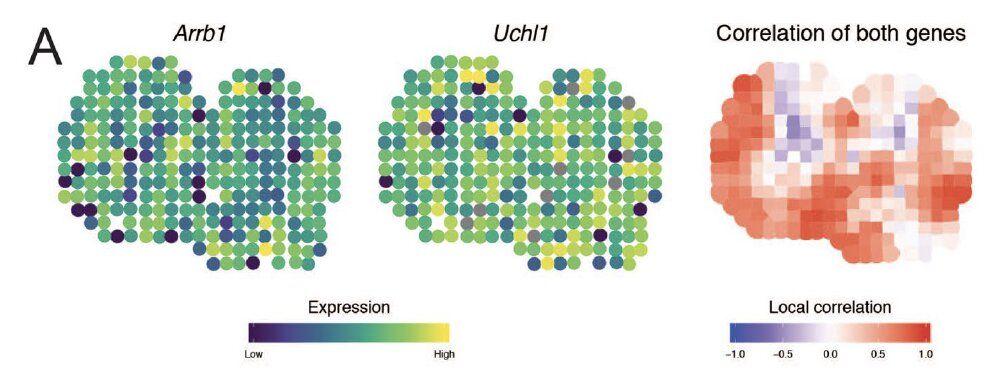As cells develop, changes in how our genes interact determines their fate. Differences in these genetic interactions can make our cells robust to infection from viruses or make it possible for our immune cells to kill cancerous ones.
Understanding how these gene associations work across the development of human tissue and organs is important for the creation of medical treatments for complex diseases as broad as cancer, developmental disorders, or heart disease.
A new technology called single-cell RNA-sequencing has made it possible to study the behavior of genes in human and mammal cells at an unprecedented resolution and promises to accelerate scientific and medical discoveries.
